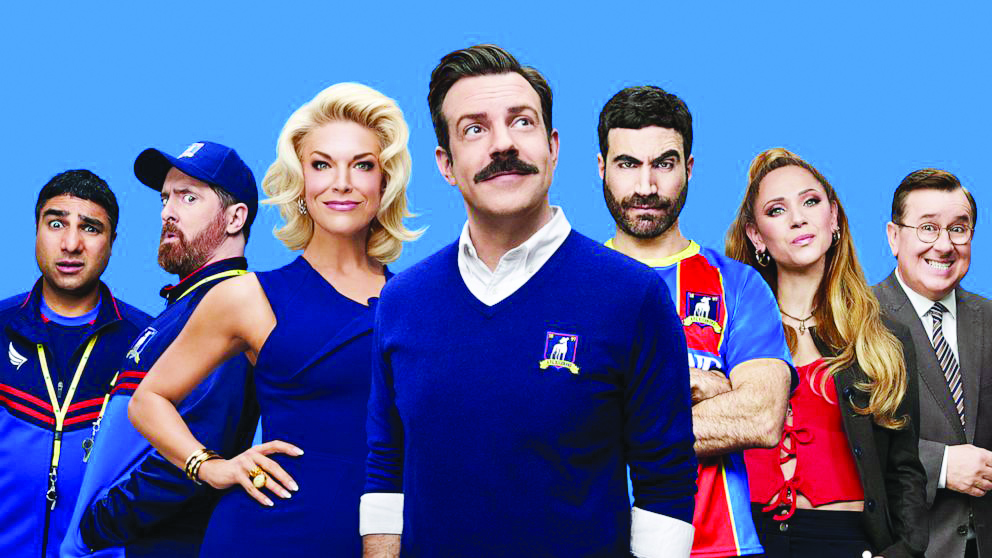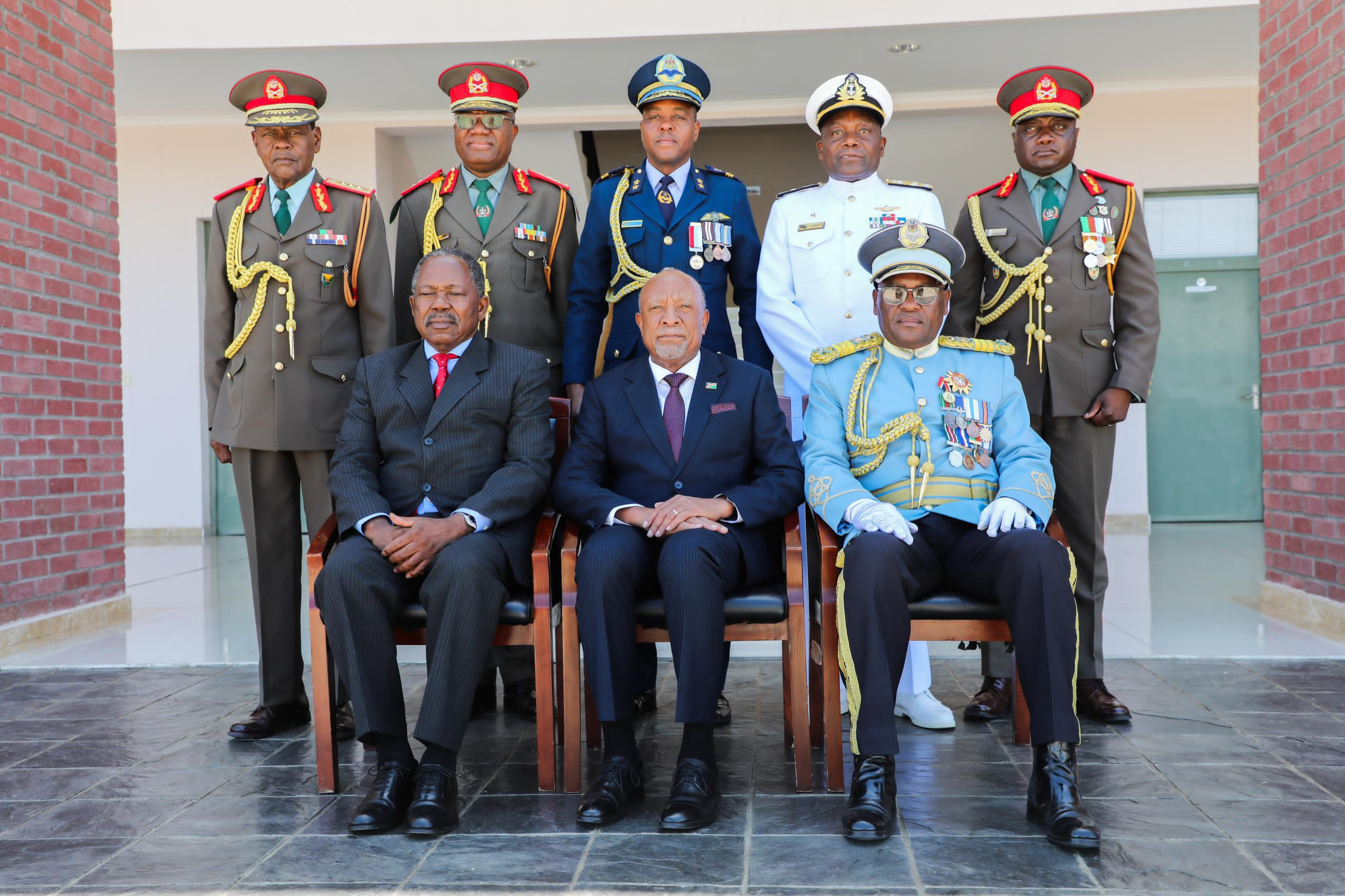“I DO sometimes wonder what the heck I’m still doing here,” Ted Lasso tells his therapist in the famously upbeat show’s third season.
“I mean, I know why I came, but it’s the sticking around I can’t quite figure out.”
It’s to the credit and the detriment of ‘Ted Lasso’ that the show raises this issue before the viewer can in the very first episode of the new season.
Then again, the comedy about a lovable Kansan football coach who relocates to England to coach a mediocre soccer team has always been a little more interested in self-referential meta-analysis than its actual characters.
This too is clear from the exchange: The therapist’s reassuring reply (Ted doesn’t like quitting) isn’t sufficient.
Not as a therapeutic intervention (is this really a good reason to live away from your beloved son for three formative years?) nor as a TV explanation for why our characters are where they are or doing what they’re doing, which makes the third and likely last season of ‘Ted Lasso’ feel like it’s treading water.
The problem isn’t just that specific arcs bend until they snap under the pressure to provide temporary, vaguely redemptive resolutions.
It’s that no character’s vision of the world is stable enough, nor are their motivations durable enough to withstand the needs of the playful but stakesless plot or the barrage of amusing references.
Instead of mounting tension or true development, we get stuck on repeat: Ted realises he’s repressing something, confronts it, and things improve for a beat.
Someone apologises, and all is forgiven.
The show is aware of its circularity.
In the pilot Rebecca Welton (Hannah Waddingham) hired Ted specifically because he had never coached soccer.
Her moderately evil plan was to sabotage her evil ex-husband Rupert Mannion’s (Anthony Head) beloved football club, which she’d gotten in the divorce, because nothing would make him more miserable than watching Richmond lose.
This season, she wants to make Rupert (who remains evil) suffer by watching Richmond win.
One can make sense of this – Rupert bought a different football club in the intervening years and presumably wants it to crush his ex-wife’s – but this subplot seems to radically misunderstand the intensity of sport fandom, the show’s ostensible subject.
The show confronts this problem through clunky exposition.
“Back then I wanted to destroy everything Rupert loved and owned and coveted,” Rebecca tells her best friend, Keeley Jones (Juno Temple).
“But the me now doesn’t feel the need to destroy Rupert’s life. The me now just wants to beat him. To win. That’s growth, right?”
If Rebecca’s journey seems muddled, so does Ted’s. The coach remains conflict-averse, affable, self-aware, self-deprecating and sad about the end of his marriage.
I’ve seen only the first four episodes, and I’m confident the show will discipline Zava in time, but Ted’s attitude throughout is inexplicable.
Does he approve of winning at any cost now? Is he so checked out that he doesn’t notice?
The trouble with a third season is that you know by now whether a show will go somewhere interesting, and the answer – in Lassoland – is usually no.
A subplot concerning a closeted character seems unlikely to deliver much tension, it being hard to imagine a universe where warmhearted soccer players who unironically tap a sign that says ‘BELIEVE’ wouldn’t accept a gay teammate.
The former kit man wanted to punish Ted for making him feel special when he was just one more recipient of Lasso’s ambient goodwill.
It’s true that a certain kind of reflexive kindness can feel phony and that self-actualisation of the type the show seems to unthinkingly fetishise can have dark, unintended consequences.
A montage of Ted dismantling the play forts and Lego stadiums he’d littered his apartment with during his son Henry’s visit is heart-rending, and Sudeikis continues to backstop Ted’s unrelenting positivity with sadness without making the former seem fake.
That’s no easy feat.
But as the camera pans to a set of Lego figurines representing the cast, including one of Nate, off to the side, it’s hard not to feel like the show’s characters are action figures, too, doing whatever the plot requires of them without much regard for what came before, to produce a specific, and forgettable, effect.
‘Ted Lasso’ season 3 is on Apple TV+.
– IOL
Stay informed with The Namibian – your source for credible journalism. Get in-depth reporting and opinions for
only N$85 a month. Invest in journalism, invest in democracy –
Subscribe Now!






